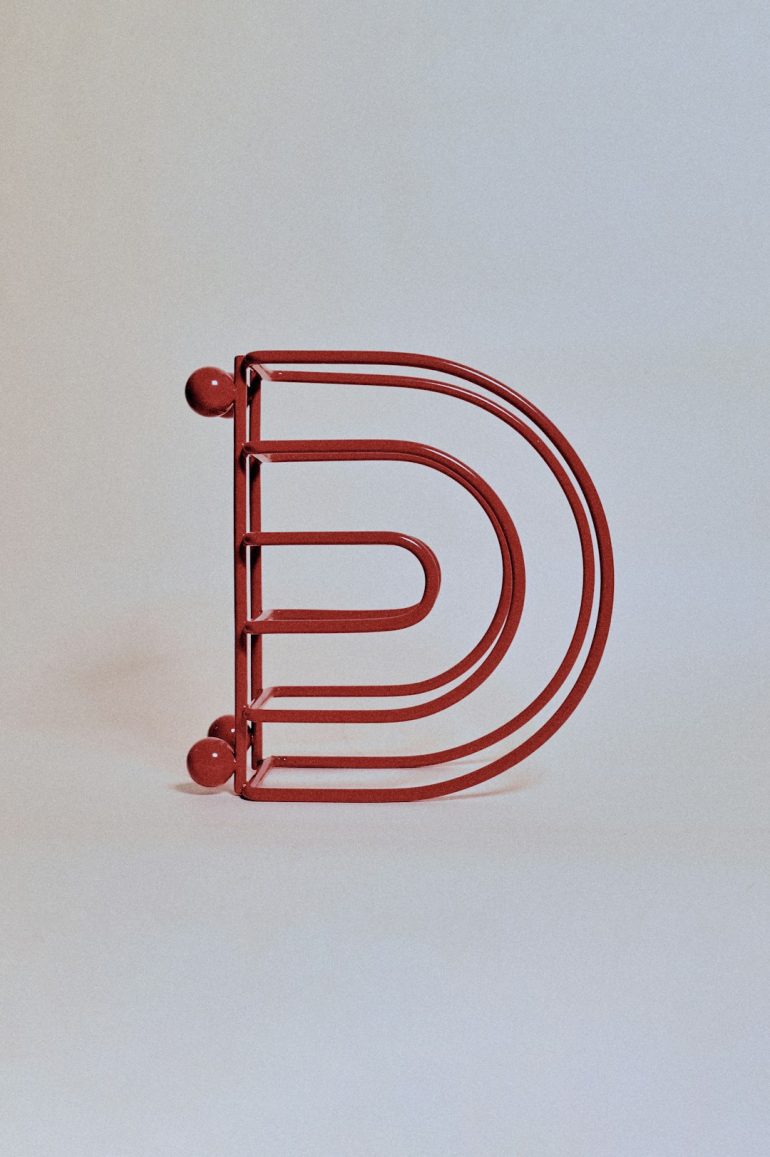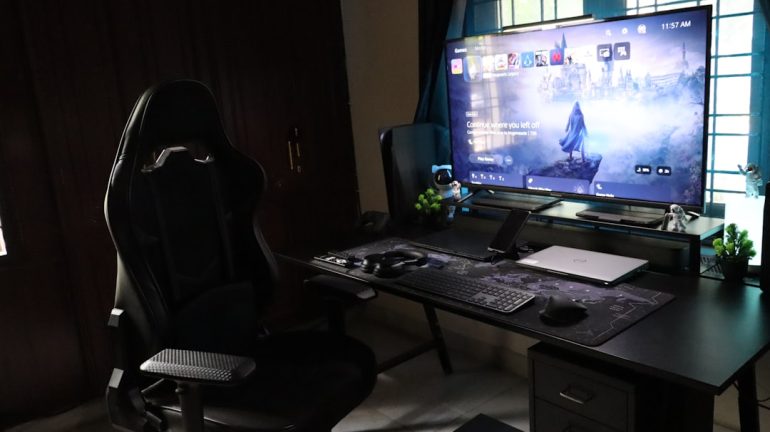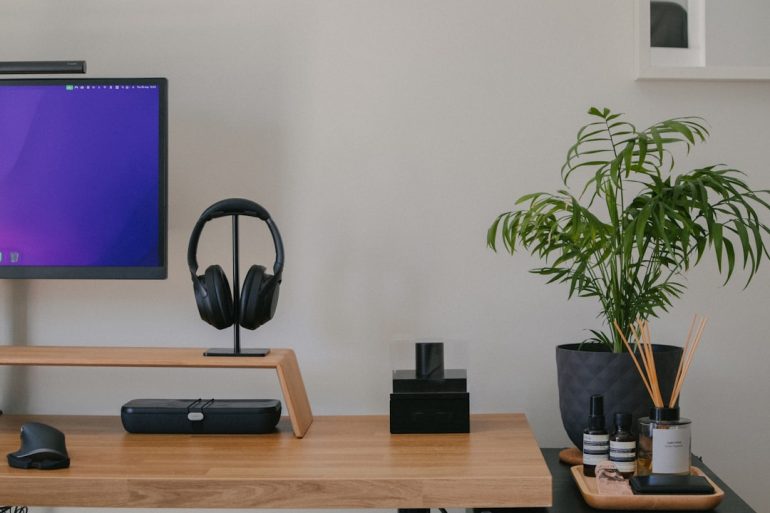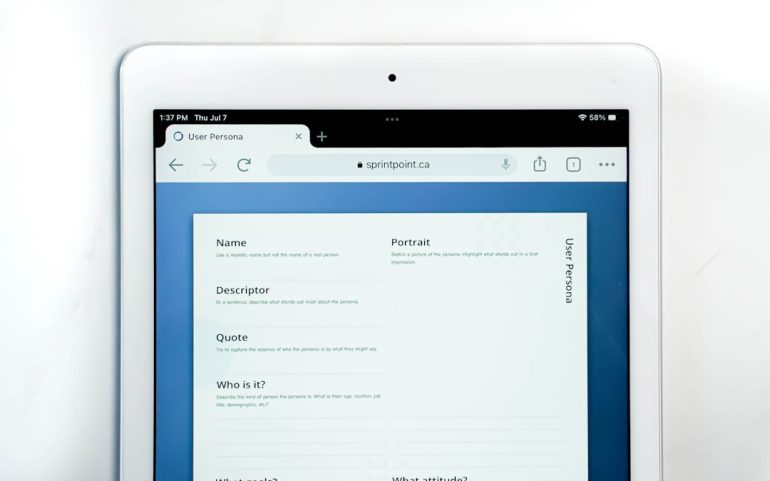Do Ethernet splitters weaken signal?
Ever stared at a bunch of Ethernet cables and wondered, “Can I just split one and connect two devices?” Well, that’s where Ethernet splitters come in. They’re small, cheap, and seem like a neat little fix. But do they actually work well? And do they weaken your internet signal?
Let’s untangle this cable mystery together!
What is an Ethernet Splitter?
Table of Contents
An Ethernet splitter is a small device. It usually has one port on one end, and two on the other. It lets you plug in two devices using a single Ethernet cable. Sounds handy, right?
*But here’s the twist:* it’s not as magical as it seems.

How It Works (And When It Doesn’t)
Let’s break it down. Ethernet cables typically have 8 wires inside them. Standard 100 Mbps Ethernet only uses 4 of those. That leaves 4 unused wires. A splitter takes advantage of this by using the extra wires to send a second signal.
But there’s a catch!
- You need two splitters — one on each end of the cable.
- They only work with 100 Mbps networks, not gigabit (1 Gbps) ones.
So, if you’re trying to split your gigabit internet, sorry! The splitter will definitely cause problems. It would reduce your speed significantly.
Do Splitters Weaken the Signal?
The short answer is: yes, they can.
Here’s why:
- Each device now shares the same cable. More devices = more traffic.
- If the cable is long, the signal gets weaker over distance.
- Electromagnetic interference can be worse with split signals.
However, if you’re using high-quality cables, and your devices don’t need lots of data at once, you might barely notice. But it’s still not ideal.
What’s a Better Option?
If you need more Ethernet ports, consider these instead:
- Network Switch: This is a smart little box. It connects many devices and manages data between them efficiently.
- Ethernet Hub: This is older tech and not as smart. Not recommended unless you have no choice.
- Router with Extra Ports: Some routers already have multiple Ethernet ports built in.

These options don’t mess with signal quality. They handle data properly, just like traffic lights manage cars. Everyone waits their turn. No crashes!
When Is It Okay to Use a Splitter?
There are times when splitters can be useful:
- You only need 100 Mbps speeds.
- You aren’t transferring large files or gaming online.
- You want a quick, temporary fix.
Imagine you’re setting up a basic printer and a VoIP phone in a home office. Both need internet, but not much data. A splitter can do the trick — as long as your expectations are low.
What Not to Do
If you’re trying to:
- Get top speeds (1 Gbps or faster)
- Stream in 4K
- Game online with zero lag
- Connect many users at once
Then do not use Ethernet splitters. They will cause more headaches than they solve.
Fun Analogy Time!
Think of a splitter like a fork in a road. You’re taking one street and turning it into two. But there’s still only one lane! Cars (or in this case, data) now have to take turns.
A switch, on the other hand, is like adding extra lanes and traffic lights. Everyone keeps moving without bumping into each other.
Which sounds better to you?

The Bottom Line
Ethernet splitters can work… but they’re not ideal. They do limit speed. They can weaken signals. And they’re simply outclassed by smarter tools like switches.
If you love stable internet, do your future self a favor — invest in the right gear.
Still want to try a splitter? Just know what you’re getting into. And always read the box!
Happy networking!







